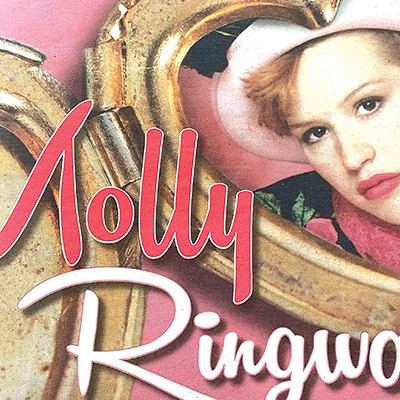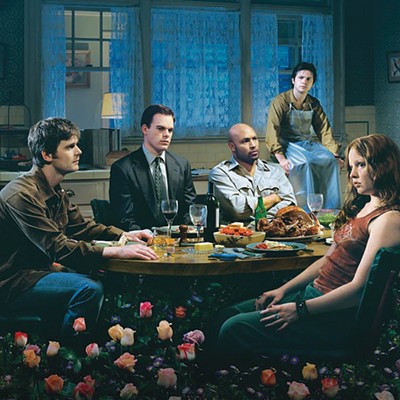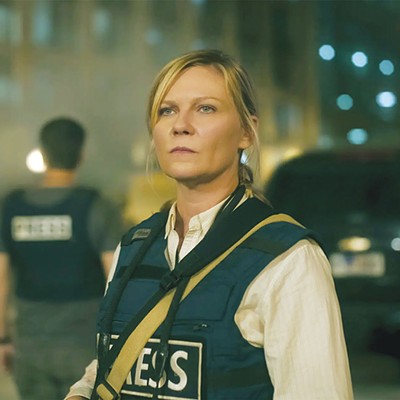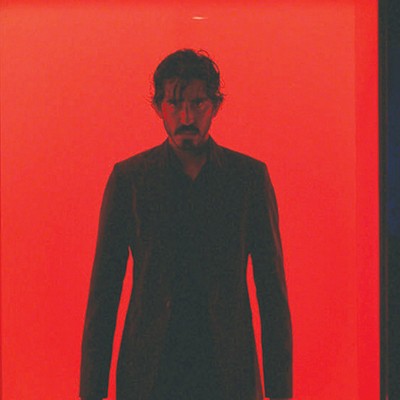By the time that John Hughes wrote—and subsequently directed—Planes, Trains and Automobiles in 1987, he had already completed what are arguably the most important contributions to the canon of teenage movies in cinematic history. Starting with the coming-of-age fantasy 16 Candles in 1984, Hughes wrote and directed six silly, but profoundly impactful films in just three years—including ones championing misfits in Breakfast Club and gleefully encouraging anti-authority sentiments in Ferris Bueller's Day Off.
On the surface, Planes, Trains and Automobiles seemed like a recalibration of his career and cinematic concerns; no longer just focusing on the horny and happy teenage years, Hughes seemed to be finding humor in grownups and family matters—and, with a holiday film, his sentimentality seemed to be settling into something a bit more conventional. At the time, critics remarked that Hughes was attempting to break out of his pigeonhole as an articulator of teenage frustrations.
But really, that is far too dramatic—and far too superficial of an assessment.
Oh sure, gone were fresh-faced actors like Michael Anthony Hall and Molly Ringwald, who Hughes had plucked from obscurity and turned into household names; in Planes, Trains and Automobiles, he worked not only with adult actors, but with veteran comedians Steve Martin and John Candy. And gone were the uncanny high drama of proms and detentions, replaced with mundane routines of holiday travel and family responsibilities.
But really, those were only cosmetic changes: What Hughes maintained was the keenly emotional, volatile and dynamic relationship between his main characters; the very same chemistry that served as the cauldron for his previous teenage films, now brewed between Martin and Candy's characters.
I mean, really, how much different is the relationship between Molly Ringwald and a bawdy and unhinged Judd Nelson in Breakfast Club, from the interplay between Martin's composed by-the-numbers character and Candy's blubbering, fun-loving mess in Planes, Trains and Automobiles? Both interactions serve the same purpose: as catalysts to transform placid and controlled facades (i.e., Ringwald's princess snobbery and Martin's suburban dweebiness) into raw and basic human emotions of compassion. (And, after all, how familiar is this relationship to what so many of us encounter each holiday season: Our annoying, but doting mother or uncle somehow opening up our sensitivities to the most base and basic emotions?)
Sure, in Planes, Trains and Automobiles, Hughes left behind teenagers. (The remainder of his career was spent producing family-oriented films: a handful of John Candy films and, most notably, the Home Alone series.) But, he didn't leave behind his sensibilities about humor and kindness.
With a solid 94 percent rating on Rotten Tomatoes, most critics consider Planes, Trains and Automobiles Hughes' best film. And, indeed, it is a quality and heartfelt comedy; but, more importantly, it is a story about being unguarded and human.
Dir. John Hughes
8 pm, Wednesday, Nov. 18
The Old Stone, 157 NW Franklin Ave.
FREE!
Tasty 10 Barrel beer available for cost.






















